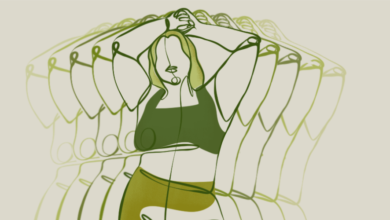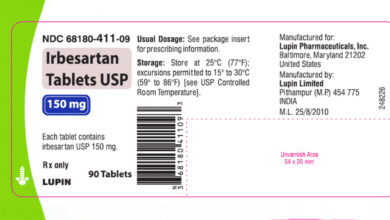15 Best Mental Health Resources for Asian Americans and Pacific Islanders

[ad_1]
Since the beginning of the pandemic, the uptick in xenophobic rhetoric against Asian Americans in the United States has been alarming and consequential. It has fueled an astonishing rise in anti-Asian violence, and discrimination has taken a great toll on countless people within the AAPI (Asian Americans and Pacific Islanders) community.
According to a recent national data from Stop AAPI Hate, a non-profit that tracks and responds cases of racial harm against AAPI, there have been over 6,600 reported incidences since March 2020. These incidences include (but are not exclusive to): verbal and online harassment, shunning, physical assault, bullying and civil rights violations.
Unfortunately, these numbers only illustrate a fraction of the physical, mental and emotional impact these incidences have had among the AAPI population, according to Michi Fu, Ph.D., a licensed psychologist and professor at Alliant International University. These incidences tend to be under reported, she says, meaning the rates of these cases are probably higher. And what’s more, the numbers don’t reflect the extent to which vicarious trauma has affected the community.
“Watching someone who looks like you being attacked can be very distressing, and we know that it can have [negative] effects on the psyche,” says Dr. Fu. “You can just watch the news and say, ‘That could have been me.’ People are going out into the world wondering whether it’s safe and how to protect themselves or their loved ones.”
Moving through any sort of racial trauma, racial stereotyping and discrimination is difficult; seeking culturally informed mental health support can be helpful, adds Dr. Fu.
But financial and linguistic barriers, as well as the stigma around mental health can prevent many Asian Americans and Pacific Islanders from receiving the support they need, according to Kaila Tang, L.M.S.W., the chief of programming at Asian Mental Health Collective.
For example, “there’s often this cultural value of honor,” says Tang. “We’re often trying to appear at our best, and the idea that someone could be mentally ill — to a lot of people — goes against that notion of saving face, or being honorable, which makes it very difficult for people to talk about.”
On top of all of that, finding a clinician who understands the unique lived experiences of a person’s specific identity — whether East Asian, South Asian, Southeast Asian or Pacific Islander — can be challenging.
“We are not a monolithic group,” says Ulash Thakore-Dunlap, L.M.F.T. “And unfortunately, resources for Brown Asians tend to get left to the side. So how can we really speak to the diversity of the AAPI community?'”
It’s questions like these that inspire Thakore-Dunlap and many other mental health professionals to work together to expand resources for people across the diaspora. Below you’ll find organizations and online communities that are on a mission to foster important conversations around mental health as well as increase the access to quality services and care.
This content is created and maintained by a third party, and imported onto this page to help users provide their email addresses. You may be able to find more information about this and similar content at piano.io
[ad_2]
Source link






